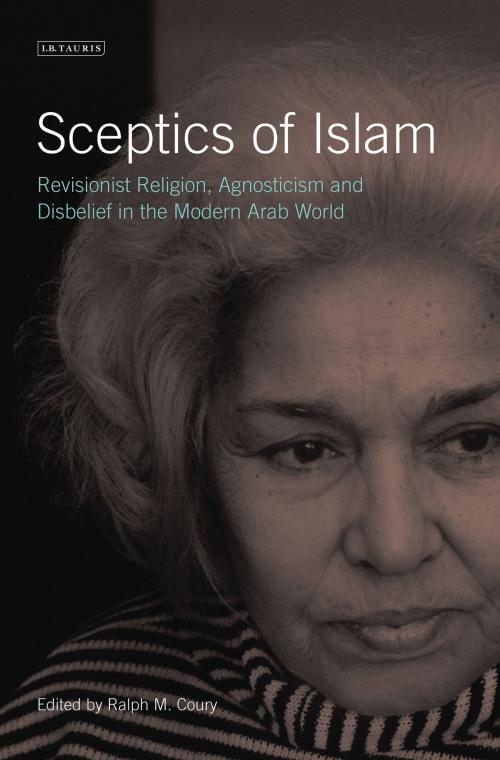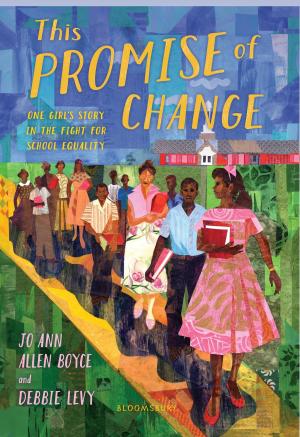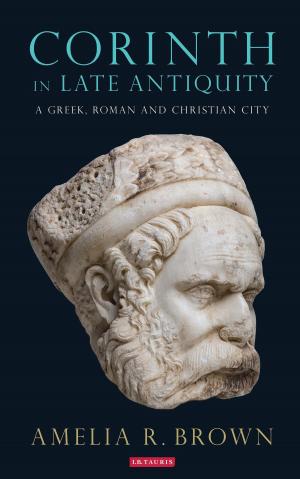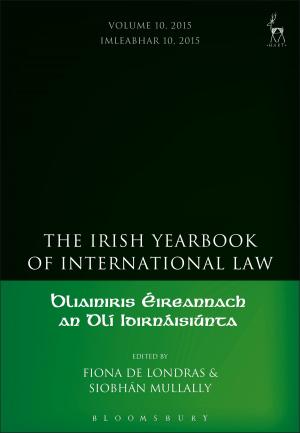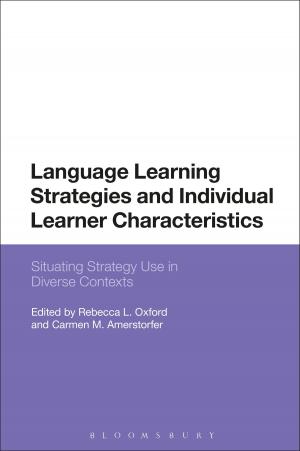Sceptics of Islam
Revisionist Religion, Agnosticism and Disbelief in the Modern Arab World
Nonfiction, Social & Cultural Studies, Social Science, History, Religion & Spirituality| Author: | ISBN: | 9781786723628 | |
| Publisher: | Bloomsbury Publishing | Publication: | February 26, 2018 |
| Imprint: | I.B. Tauris | Language: | English |
| Author: | |
| ISBN: | 9781786723628 |
| Publisher: | Bloomsbury Publishing |
| Publication: | February 26, 2018 |
| Imprint: | I.B. Tauris |
| Language: | English |
Arab debates about the critical relationship between religion and modernity began in the early nineteenth century. Such debates are now integral to the struggle for power between a variety of political groups and their opponents, and are vital to understanding the modern Middle East. This unique volume introduces the writings of the Muslim and Arab Christian revisionist 'free-thinkers' who have tried to redefine the relationship. It challenges the deeply entrenched idea that the contemporary Islamic world has been impermeable to a critique of religious ideas and practices. Authors from the nineteenth century to the present are included. Some are avowed believers, even if they adopt positions many might regard as heretical; others are openly agnostic and atheistic. Despite their differences, all have been united in disputing the fundamentalist idea that life should conform to a system of values and law based on the Quran. They have also rejected the religious 'liberalism' that has been the chief opposition to traditionalism. The book's originality lies in its evaluation of the social and cultural impact of these radical thinkers.
Arab debates about the critical relationship between religion and modernity began in the early nineteenth century. Such debates are now integral to the struggle for power between a variety of political groups and their opponents, and are vital to understanding the modern Middle East. This unique volume introduces the writings of the Muslim and Arab Christian revisionist 'free-thinkers' who have tried to redefine the relationship. It challenges the deeply entrenched idea that the contemporary Islamic world has been impermeable to a critique of religious ideas and practices. Authors from the nineteenth century to the present are included. Some are avowed believers, even if they adopt positions many might regard as heretical; others are openly agnostic and atheistic. Despite their differences, all have been united in disputing the fundamentalist idea that life should conform to a system of values and law based on the Quran. They have also rejected the religious 'liberalism' that has been the chief opposition to traditionalism. The book's originality lies in its evaluation of the social and cultural impact of these radical thinkers.
